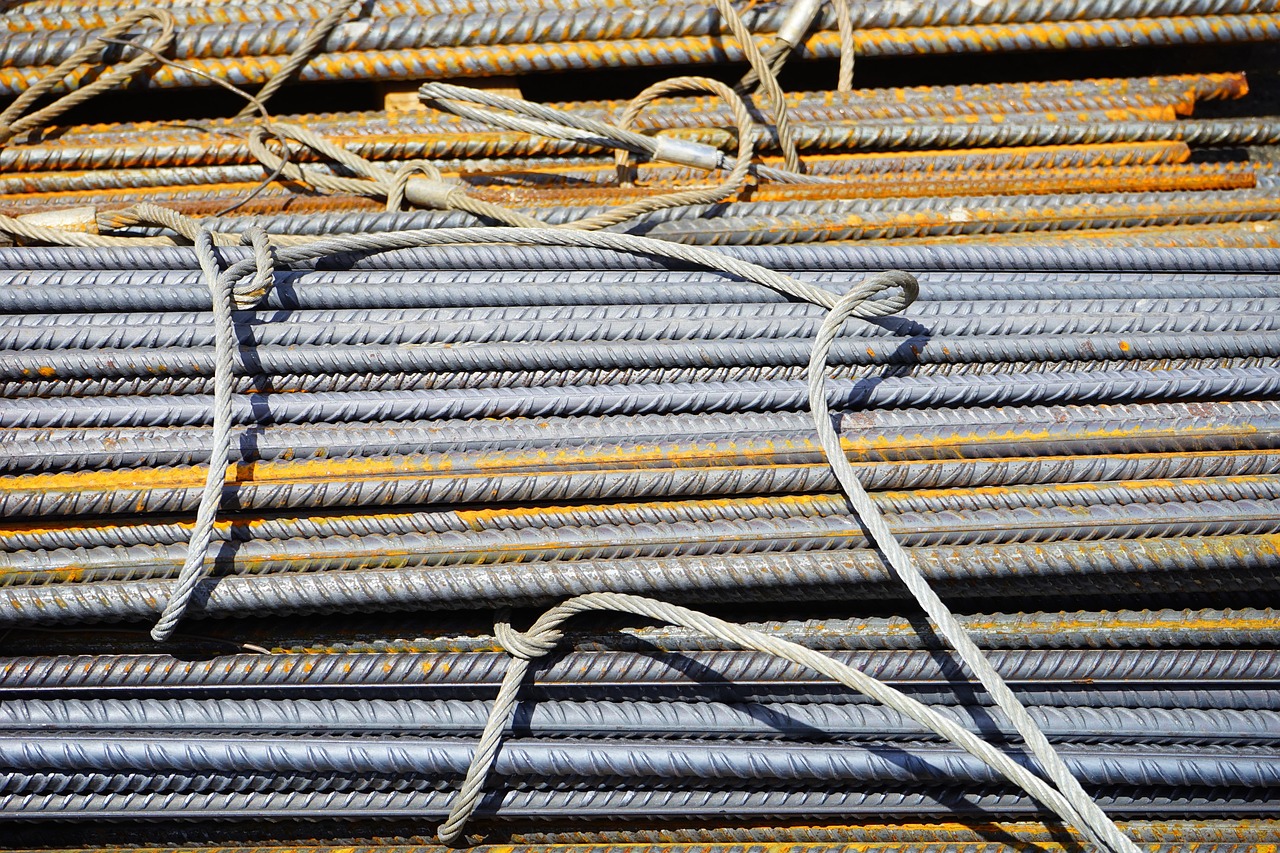Antalya’s rapidly developing construction sector brings with it a number of problems. One of these is the use of defective materials in construction. This not only jeopardizes building safety but can also cause significant financial and emotional harm to homeowners. In this article, we will examine in detail the legal remedies available for the use of defective materials in construction in Antalya.
Determination of Use of Defective Materials
The use of defective materials in construction can often be detected by an expert eye. A seemingly simple crack can actually be a sign of a larger problem. For example, using low-quality concrete can widen cracks over time and cause problems with the structure’s structural system. Furthermore, substandard electrical installations increase the risk of fire, while poor-quality waterproofing can lead to water leaks. Therefore, it is crucial to conduct regular inspections at every stage of construction and have any suspicious issues examined by a qualified structural engineer or structural specialist.
The Importance of the Expert Report
An independent expert report is crucial for identifying the use of defective materials. This report serves as strong evidence in court. The report should detail whether the materials used meet standards, the damage caused by the defective materials, and the necessary steps to correct them. An expert report significantly increases your chances of success in legal proceedings.
Legal Remedies and Related Laws
In the event of defective materials being used in construction, various legal remedies are available. These remedies are based on the Turkish Code of Obligations (TBK), the Turkish Civil Code (TMK), and other relevant legislation. For example, the TCC’s provisions regarding liability for defective work require the contractor to compensate for damages resulting from the defective work. Furthermore, the TMK’s provisions regarding the sale of defective goods may also apply.
Compensation Case
A compensation lawsuit can be filed to recover damages caused by defective materials. This lawsuit can be filed against the material supplier or the contractor. Factors such as the extent of the damage, repair costs, and loss of income resulting from the building’s inactivity are considered in the compensation lawsuit. Expert reports play a significant role in determining the amount of compensation.
Partial or Full Termination
If the use of defective materials seriously endangers the safety of the structure, partial or full termination of the contract may be requested. In this case, refunds of the paid amounts and compensation for any damages incurred may be requested. However, termination decisions will be made based on the severity of the situation and the ability to repair the structure.
Suspension of Construction
If defective materials are detected, a court may issue an injunction to halt construction. This is a crucial step in preventing further damage to the structure and mitigating potential risks.
Matters to be Considered in the Legal Process
To ensure the successful conduct of legal proceedings, it’s important to pay attention to certain points. First and foremost, it’s crucial to maintain all documents (contracts, invoices, payment documents, etc.) in an organized manner. Furthermore, the expert report must be complete and detailed, and evidence must be collected and presented accurately. Finally, seeking legal support from a lawyer ensures a more effective and successful process.
Problems encountered in the construction industry can be resolved with expert support. In cases of defective materials, it’s crucial to seek the assistance of a qualified attorney to protect your legal rights and obtain compensation for your losses. An expert attorney will determine the most appropriate legal strategy for you and guide you throughout the process. This will allow you to effectively protect your rights and resolve any losses you may have incurred.


